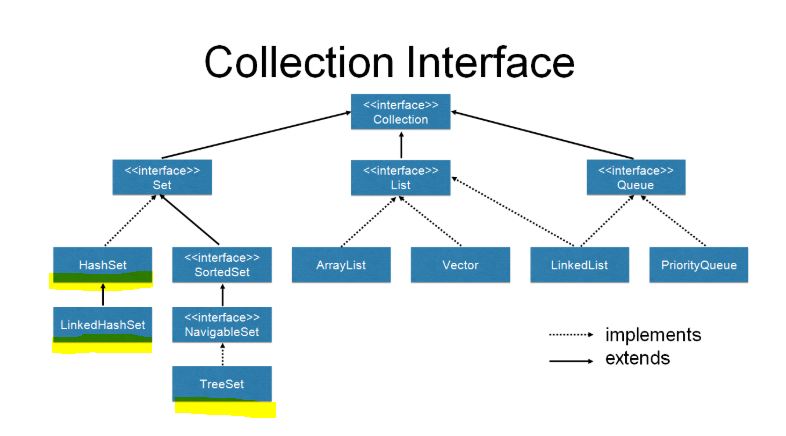A Set has no API to change the order. You will notice yourself if you try, e.g. to swap the first and second elements of a Set.
Further, sets have their own contracts regarding the order which would be violated if you could change it from the outside
HashSet and the key set of a HashMap do not maintain an order at all. This is the general assumption for sets if no other contract is specifiedLinkedHashSet and the key set of a LinkedHashMap will reflect the insertion orderTreeSet and the key set of a TreeMap use the natural order of the keys or the order of an explicitly specified comparator. All implementations of SortedSet are bound to a Comparator or the natural order of the keys.
In order to sort something you need a collection which maintains an order and has an API supporting to alter the order.
A List is a natural candidate. You can also sort arrays. Since LinkedHashMap reflects the insertion order, you can create a LinkedHashMap with a specific order by adding the elements in the desired order:
map = map.entrySet().stream()
.sorted(Map.Entry.<String,Integer>comparingByValue().reversed()
.thenComparing(Map.Entry::getKey))
.collect(Collectors.toMap(Map.Entry::getKey, Map.Entry::getValue,
(a,b)->b, LinkedHashMap::new));
Besides, your comparator looks broken. The term map.get(b) - map.get(a) indicates that the values are numerical, in the examples above I assumed Integer, but map.get(a) == map.get(b) compares the references of the boxed objects.
And in case of Integer, the difference map.get(b) - map.get(a) can overflow. You should use Integer.compare(map.get(b), map.get(a) instead.
Or use the factory methods for comparators whenever applicable
List<String> words = new ArrayList<>(map.keySet());
words.sort(Comparator.<String>comparingInt(map::get).reversed()
.thenComparing(Comparator.naturalOrder()));

